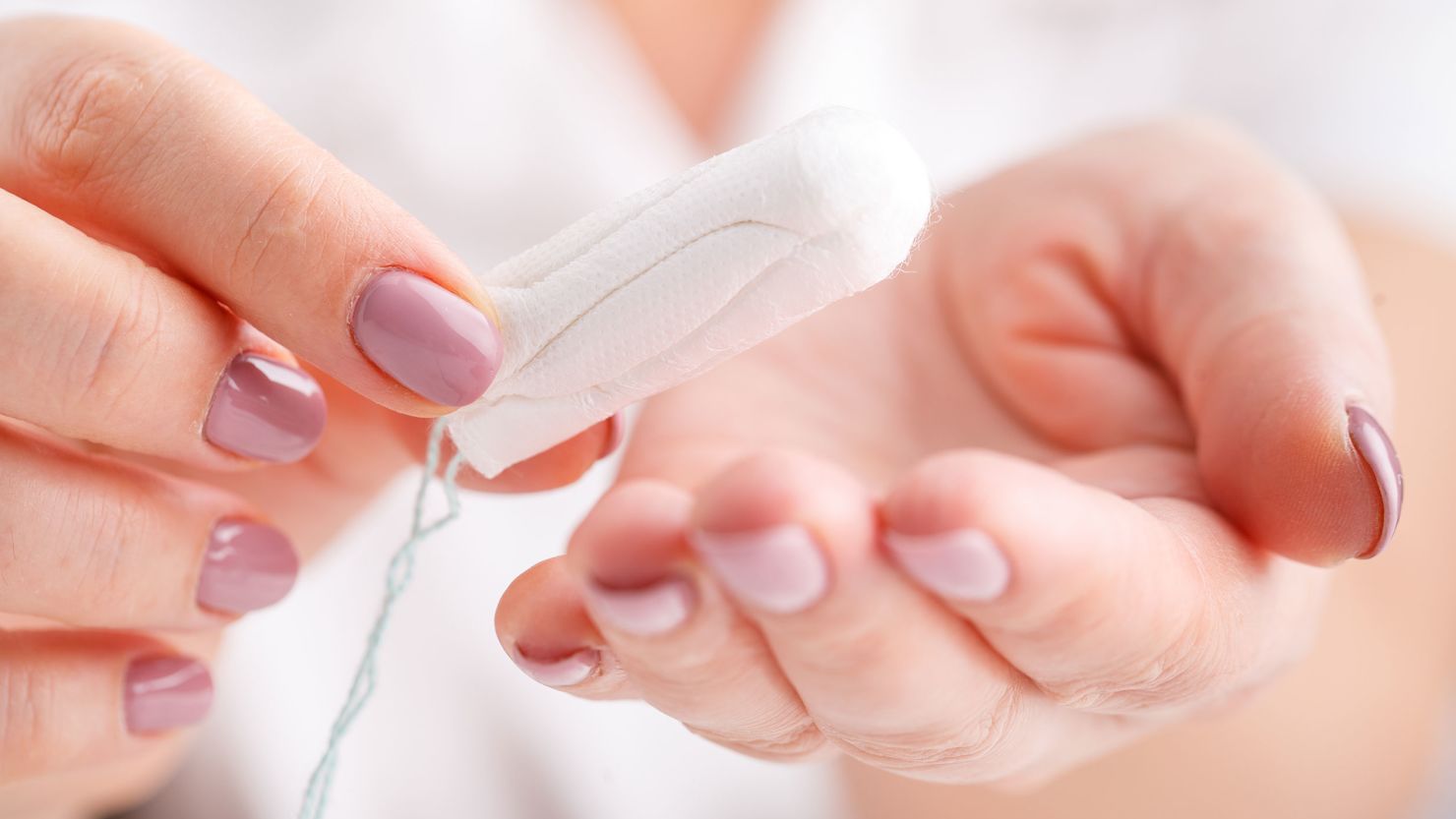Editor’s Note: Jill Filipovic is a journalist based in New York and author of the book “OK Boomer, Let’s Talk: How My Generation Got Left Behind.” Follow her on Twitter. The opinions expressed in this commentary are solely her own. View more opinion on CNN.
The Florida GOP is on a truly stunning tear of misogyny, ignorance, homophobia and censorship, culminating in a bill that just passed the Florida House that would bar young girls from discussing menstruation, including their own menstrual periods, in school. Fifty three years since Judy Blume wrote “Are You There God? It’s Me, Margaret,” some Republican legislators still seem less comfortable with puberty and sexuality than pre-teen girls (maybe they should go see the movie when it hits theaters next month).

The Florida bill states that education around sex, reproduction and sexuality cannot begin until 6th grade. On Wednesday, when Florida state Rep. Ashley Gantt, a Democrat, asked her Republican colleague who sponsored the legislation, state Rep. Stan McClain, if the bill means that girls who get their periods before sixth grade couldn’t discuss that in school, he said yes.
“So if little girls experience their menstrual cycle in fifth grade or fourth grade,” she asked, “will that prohibit conversations from them since they are in the grade lower than sixth grade?”
“It would,” McClain said.
And while he clarified that barring such discussions wasn’t the bill’s intent, and that he would be open to amending it, the bill passed as-is with universal Republican support. The proposed prohibitions of this bill, however, are not in the Senate version, said a spokesperson of state Senate president Kathleen Passidomo, explaining that the bill still has one more committee hearing before it goes to the full senate.
While the average American girl is 12 when she gets her first period, the age of menarche has been decreasing, with girls starting to menstruate at younger and younger ages, making precocious puberty something of a “new normal.” Half of American girls get their first period before their 12th birthday. And girls who menstruate early are also more likely to be sexually active at a younger age.
In Florida, those girls – who arguably need the most support as their bodies develop earlier than those of their peers – are being told by people in power that they have to keep their mouths shut about what they’re experiencing. If the bill passes the full legislature, Florida would be legislating shame.
This isn’t an isolated decision. Florida Republicans are legislating shame around adult women’s bodies, too, as they attack abortion rights (it’s an interesting and telling strategy to cut off information about sexuality and reproduction, which we know can increase rates of unintended pregnancy, while also beginning to limit abortion access). Republicans are legislating shame when they declare many beloved and important books to be “obscene” or inappropriate because those books contain LGBT characters, or information about American history and racism. Florida Republicans are legislating shame when they ban transgender teenagers, their parents and their doctors from collaborating on the best medical care to keep them safe and healthy.
Shame is a powerful tool. It demands silence and complicity; it creates the circumstances of abuse and ignorance to thrive. This is what is happening in Florida. A girl who cannot talk about her own body learns that her body is a shameful thing; a girl who is ashamed of her own body may be less likely to take good care of that body. And when that shame is around sexuality and reproduction, it means girls and boys and women and men who experience less of the pleasure, deep connection and novelty our bodies can provide – instead may find their relationship with sex and sexuality tied more closely to hurt, fear and disgust.
In practical terms, limiting the information that young people can access about their own bodies may mean higher rates of unsafe sex and the related rises of unintended pregnancy and sexually transmitted diseases – states that have historically mandated abstinence-only curriculum, for example, have seen higher teen pregnancy rates than those that taught comprehensive sex ed.
Limiting the discussion in schools about the realities of maturing bodies doesn’t make young people less curious. It just sends the message that normal curiosity is deviant and dangerous; that women and girls are less valuable and worthy of basic dignity than others; and that honesty about one’s body is unacceptable.
These are not good values to impart to our young people. And it’s especially rich that Florida Republicans are also spending significant time obsessing over the biology of kids who are trans or nonbinary – proposing legislation that requires, for example, that teachers refer to students only by the pronouns that match their birth sex, and that would ban gender-affirming care for teens – while being apparently so fearful of female biology that they pass legislation banning young girls from discussing it.
These efforts are not happening in a vacuum, and they are not doing much at all to protect children. Children, like all of us, do not benefit from an ethos of stigma and shame. They do not grow in darkness; they wither. They are not safer in silence; they simply lack the language to describe what they’re experiencing, thinking and wondering. That can open up potential for abuse. Children who lack the words and concepts to describe their bodies, and are ashamed when things happen to their bodies, are children who can be exploited and mistreated by adults.
Most girls and women menstruate, or will menstruate once they mature; this is not a sexualized fact and should not be a source of shame. It is a fact of life. That Republicans in Florida choose to shroud this reality and to force young people into silence says very little about any inherent shame in menstruation or living in a female body. It says everything about the legislators’ fears and anxieties about girls and women knowing themselves, their sexuality and having knowledge itself. And it’s that sad and narrow view – not menstruation – that should be treated as shameful.





